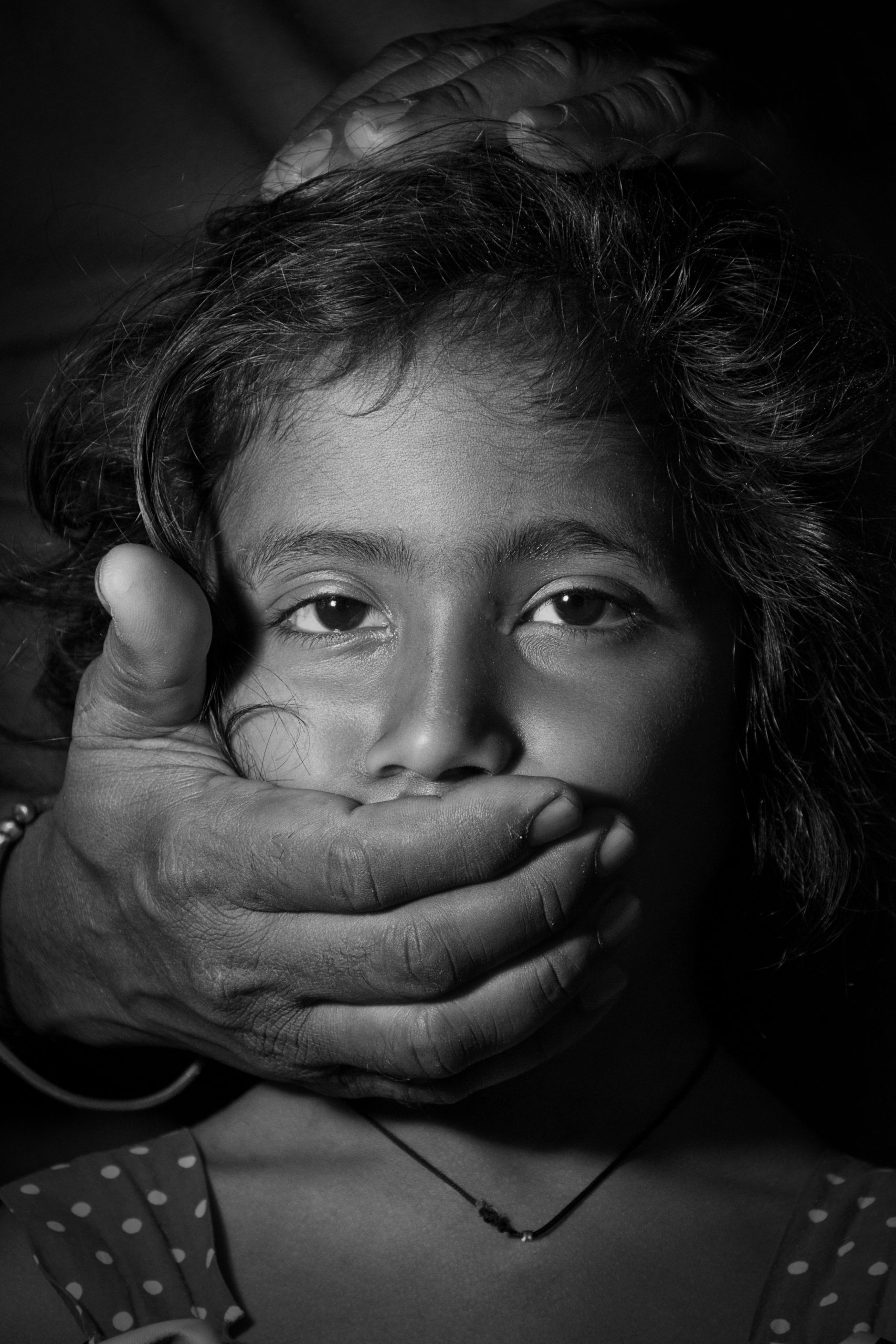
As the world marks anti-child labour day on June 12, it should not go unnoticed that the last year has seen a rise in child labour. With the pandemic raging since 2020, children out of school, parents losing their jobs — it has been a difficult year.
According to CMIE, Delhi’s unemployment rate during May 2021 – during the lockdown this year – was a whopping 45%. At the same time a report by the International Labour Organization (ILO) and UNICEF, shows a worldwide increase in child labour. In 2020, it found 160 million children engaged in child labour; out of which 79 million were performing hazardous work. In 2016, although numbers were still high, children performing labour were at 151.6 million from 2012’s 168 million.
Moreover, Dhananjay Tingal, Executive Director at Bachpan Bachao Andolan says the difficulties of the past year could have an impact on children being trafficked. “Many of the children have lost a parent or both their parents (due to Covid), and there has been large disruption in their academic activities. So, all of that does show that trafficking may be impacted.”
In fact, as schools went digital, many reports spoke of the inability of children even in the capital city of Delhi, unable to go online. With minimal household income, the means to attend classes digitally is a luxury.
Even Delhi’s Deputy chief minister Manish Sisodia, who is the education minister, had in August said that close to 15 per cent students enrolled in Delhi government schools are not “traceable.” This was the case, he said, since the lockdown was announced. He had gone on to say that these students have not been attending the alternative classes conducted online or through phones, with efforts being made to locate these students either physically or telephonically to get them into the system.
We asked Sisodia, over email, if this scenario had changed, and whether there was a fear that child labour incidences would increase as children drop-off from school. We have yet to hear a response on this.
Tingal of BBA believes that drop out rates may impact child labour. “This year conditions have been very drastic and bad for the children and all these things move in that direction if they (the government) don’t take proper care.”
He says the government needs to be proactive, “extend support to the children. Linking them to services, ensuring their admission into schools and monitoring them”.
But how has the situation been in Delhi in the past year, to do with the rescue of children? Tingal says children who are doing labour, originating from Delhi are not many. “There are very few numbers who are rescued who are originally from Delhi. I’m not saying they are not working, but mostly they are working with their parents. Or if they are working, they are enrolled in schools and come for a couple of hours.”
In July, they rescued nine children working at saree shops in Dilshad garden who were from Delhi.
But it’s not to say that Delhi is not a ground for trafficking, where children from Orissa, Bihar, Jharkhand, Eastern UP are brought. While BBA has conducted several rescues and stopped children from being trafficked, there is yet much to be done. “In total, in two months’ time, we have been able to rescue 500 children from being trafficked, and caught 101 traffickers. But that’s just from 3-4 districts of Bihar, so we don’t know how many have actually reached their destination,” he says.
In April of this year, the Delhi Commission for Protection of Child Rights (DCPCR) had said that it had facilitated the rescue of 331 child labourers in the year 2020-21 compared to 202 children in preceding three years.
The DCPCR said that the children were rescued from factories, bakery units, and auto centre units, as well as residential colonies where they were working as domestic servants.
“It becomes critical as the pandemic and the consequent joblessness and reduced family income have pushed children towards the menace of labours. Therefore, these children’s rehabilitation becomes of utmost significance. DCPCR is committed to tracking their education enrolment, and the family’s involvement in different government schemes,” the DCPCR said in a statement.
(Cover: Credit – Getty Images)
On the principle of 'Sarvajan Hitaya, Sarvajan Sukhaya' -- Welfare for all, Happiness for all…
With hundreds reported missing in Delhi this year, this guide explains how families can use…
The case came to light after a 35-year-old woman from Panipat alleged that she had…
During the investigation, CCTV footage helped identify the suspects, according to Delhi Police
The launch took place during the inauguration of the Delhi Police Exhibition Hall at Connaught…
The 28-year-old factory owner was taken to Satyawadi Raja Harish Chandra Hospital in Delhi, while…